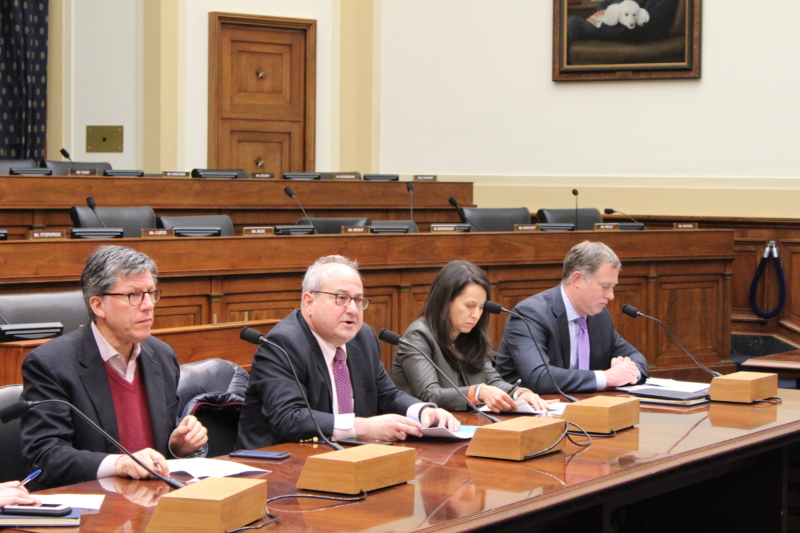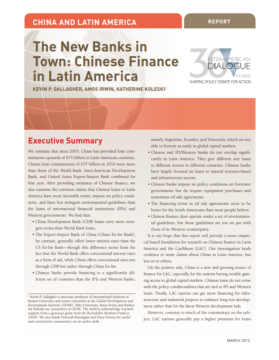What Do the US Election Results Mean for Latin America?
What do the election results mean for hemispheric policy and foreign relations?
On Thursday, January 31st, Dialogue president Michael Shifter briefed key Congressional staff during a meeting organized by the House Foreign Affairs Committee. Shifter was joined by Dan Erikson, senior fellow at the Penn Biden Center for Diplomacy and Global Engagement and former special advisor to Vice President Biden on the Western Hemisphere; Marcela Escobari, senior fellow at the Brookings Institution and former assistant administrator for Latin America and the Caribbean at USAID; and Jose Miguel Vivanco, executive director of Human Rights Watch, Americas Division.
Shifter opened the briefing by providing background about the situation in Venezuela. He discussed the transition from Hugo Chávez’s regime to that of Nicolás Maduro. Shifter also discussed some of the causes of Venezuela’s drastic decline. Erikson provided commentary on US policy towards Venezuela, examining the policy under President Obama and the current administration, while Escobari and Vivanco discussed the economic and human rights challenges in the country.
What do the election results mean for hemispheric policy and foreign relations?
Hugo Chavez, the Venezuelan president, has clearly been enticed by the Libyan drama, where his longtime friend and ally, Muammar al-Qaddafi, is under siege from rebel forces.
Estimates of the volume, composition, and characteristics of Chinese lending to the region since 2005.

